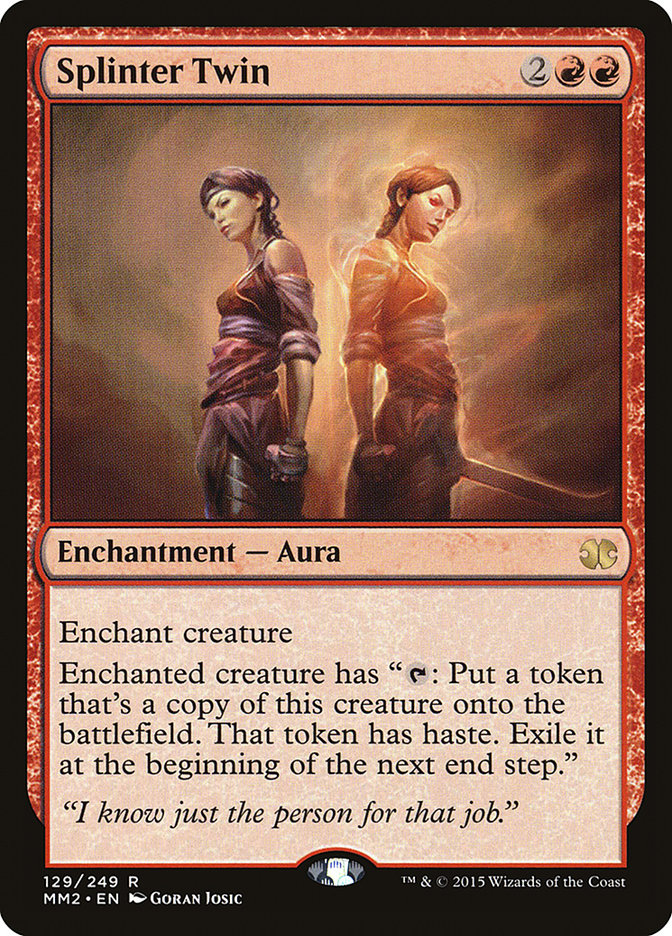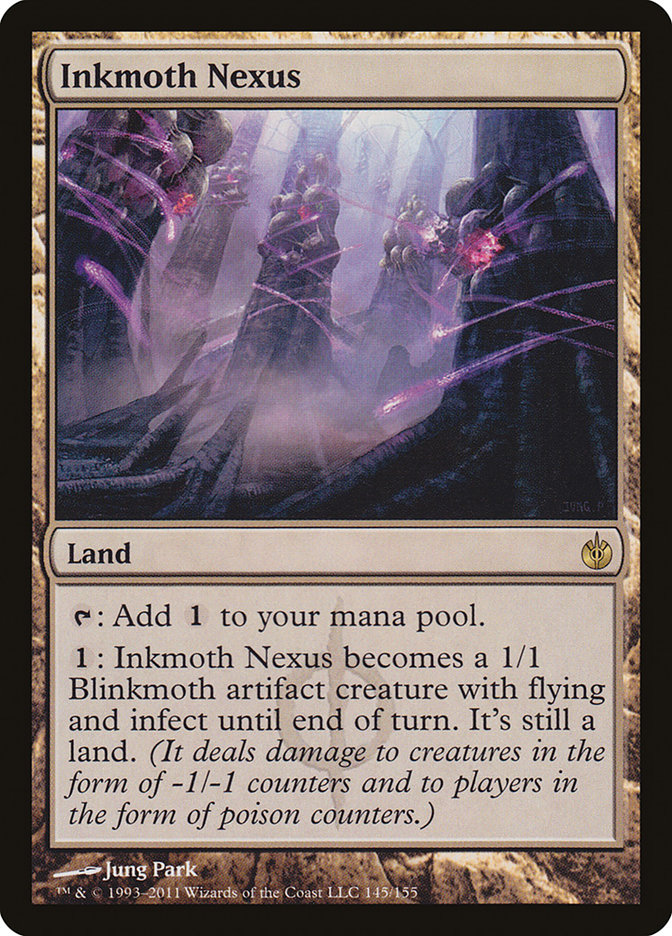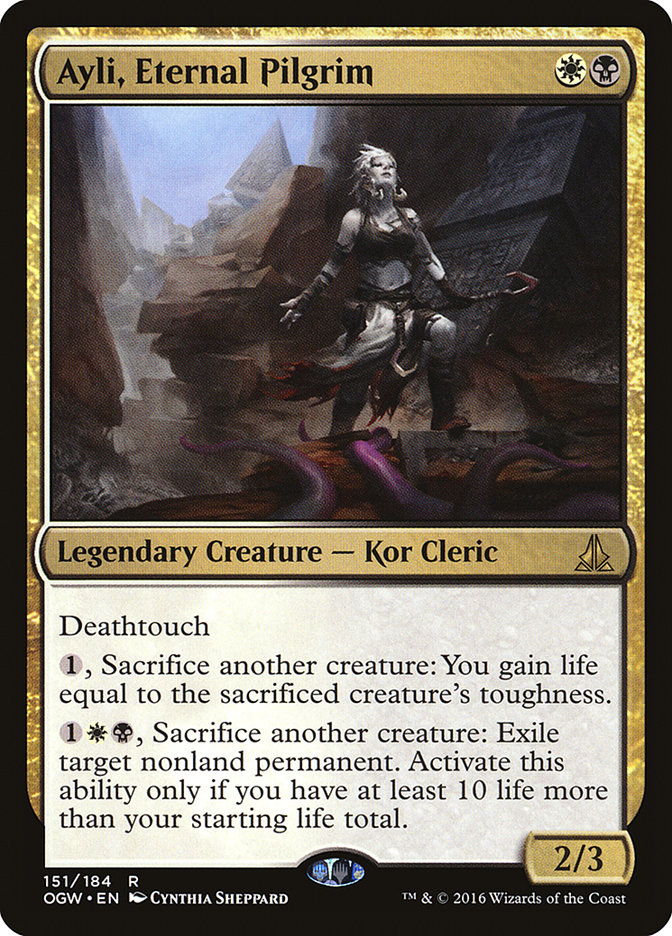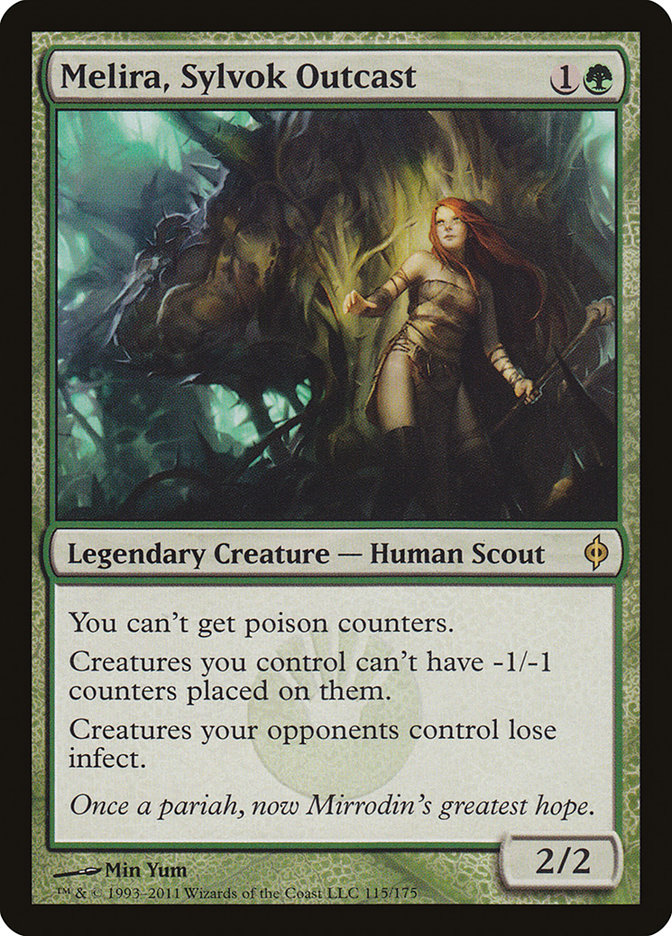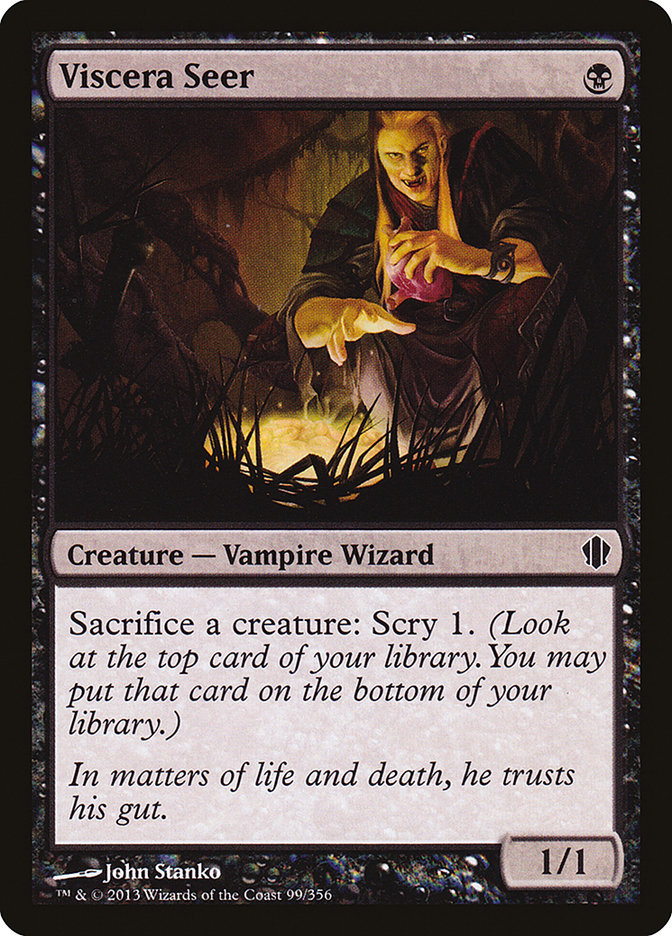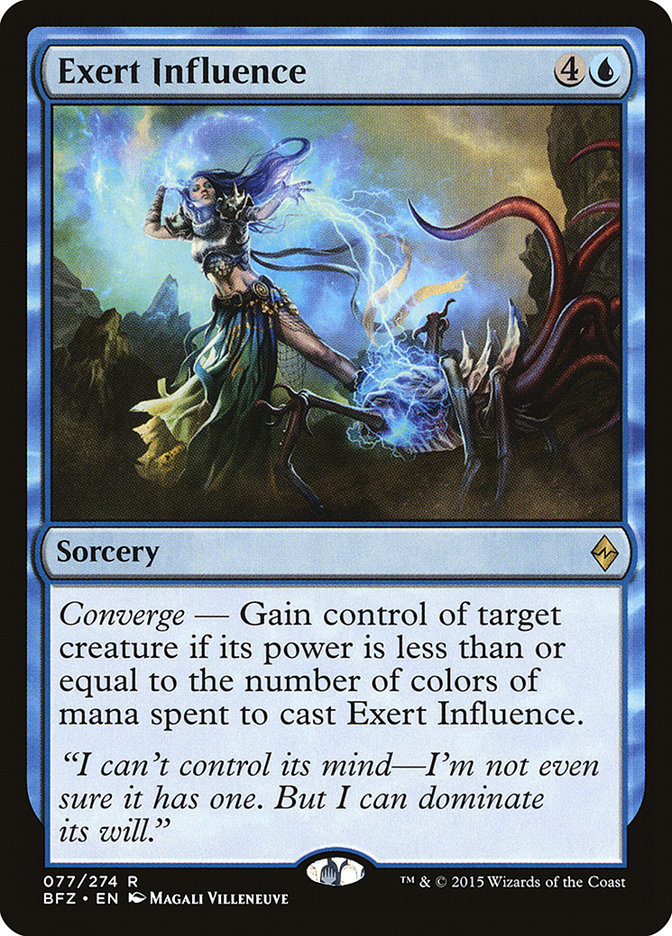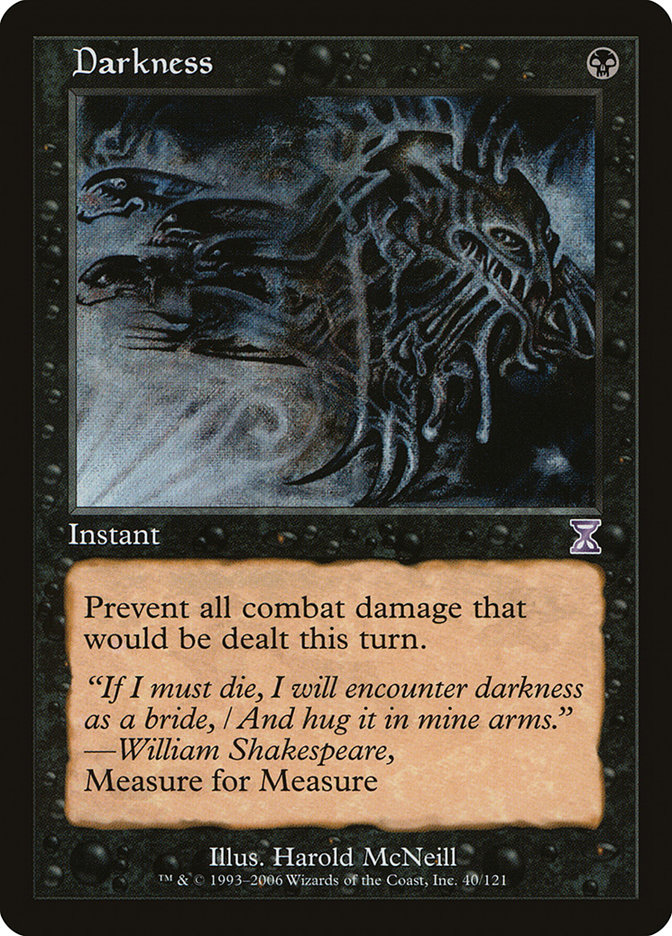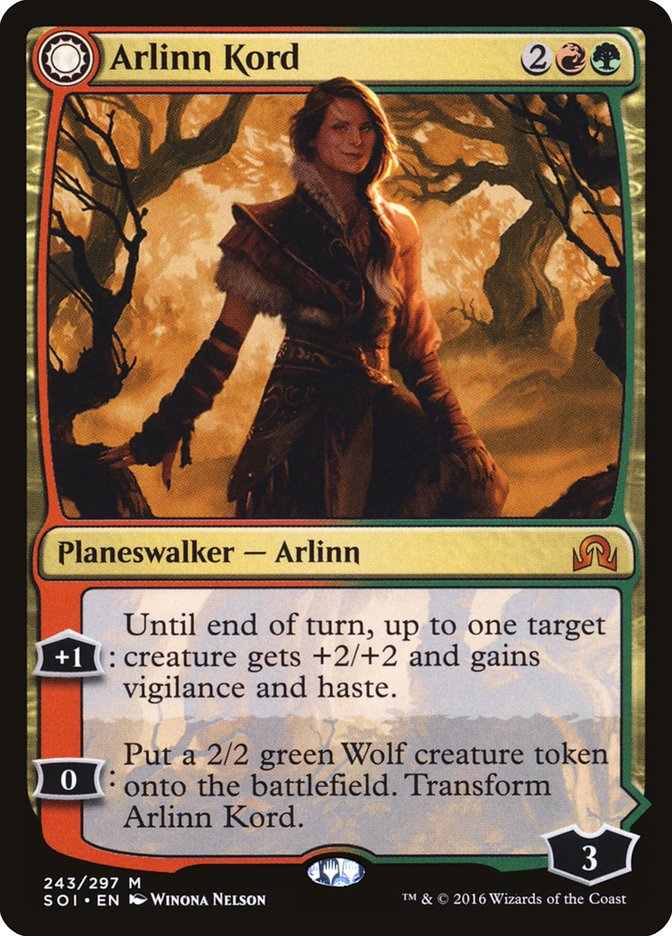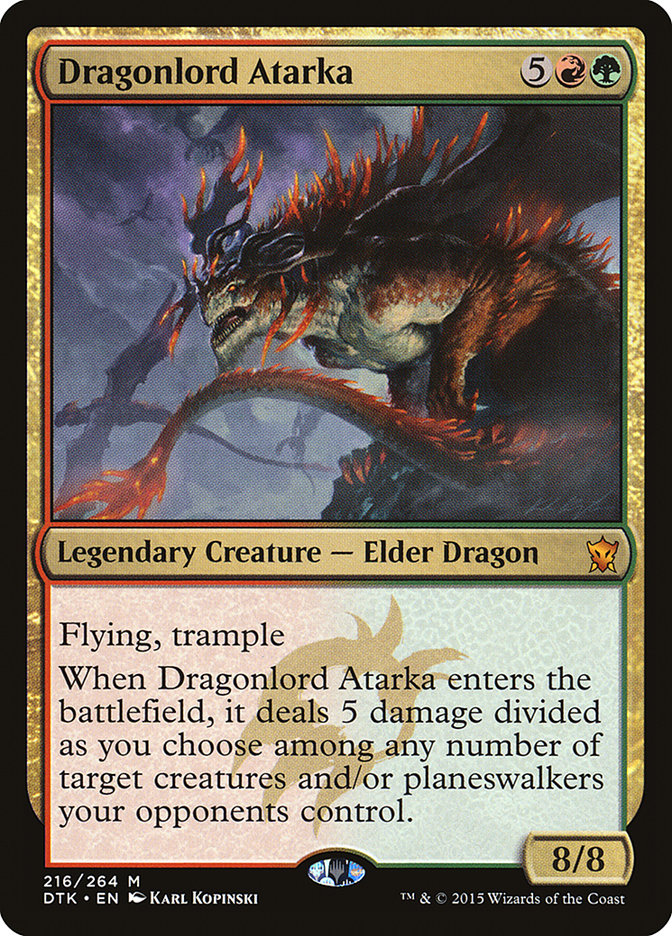Wow. 2016 is almost over. With this being December, it marks the anniversary of my beginning to write serious Magic articles. It’s hard not to feel some sense of accomplishment. I’ve been afforded a wonderful series of opportunities and met a plethora of spectacular people this year, none of which would have been possible without Magic.
A majority of people tend to think of their first year of Magic as the first year that they knew the rules of the game, or the first year that they attended tournaments that their local game store. 2016 is likely going to stick out in my head as the first year that Magic was a full-fledged lifestyle and not just a hobby.
Almost every single week featured some event to attend, travel arrangements to be made, Magic personality-related Internet drama, or even simpler plans to spend time with a new friend in a context that isn’t necessarily Magic-related. On top of all of the isolated incidents that one could pinpoint in a single year, this year also served as a crash-course of sorts to cram as much knowledge about tournament Magic as possible into my head. Every single #SCGTOUR event carried some sort of lesson with it. Obtaining the growth I obtained this year on the #SCGTOUR would have easily taken five or more years without it.
Some of these lessons I’ve already made a point to write about in detail; others aren’t so easy. My most common travel companion this year, Robert Wright, would regularly talk about each weekend having a quote or theme that stuck out to him as the most important thing to him that happened that weekend. It struck me as an oversimplification at first, but the further into the year that we progressed, the more it made sense.
Consider this article a look into what would otherwise be a more private diary entry or introspective document that I would use to apply what I have done this year to make my 2017 as important as possible.
Cincinnati (January 2-3) and Charlotte (January 9-10)
The first and second Opens of the year were both Modern, and I played different decks in each of them, G/B Aristocrats and Affinity.
Creatures (26)
- 4 Arcbound Ravager
- 4 Ornithopter
- 3 Steel Overseer
- 4 Memnite
- 3 Etched Champion
- 4 Signal Pest
- 4 Vault Skirge
Lands (16)
Spells (18)

In both tournaments I finished one win short of making the second day of contention and it was a relatively discouraging start to the year. In both of these instances I was try to do something that was relatively new to me instead of just sticking to what I knew. A majority of my time in Modern has been spent playing either classic Infect lists or some version of Splinter Twin, and not playing these decks in larger high-stakes events was likely some mix of arrogance and ignorance.
Creatures (16)
Lands (21)
Spells (23)

When playing in an unknown field it is generally beneficial to stick to what you know, rather than try to make some sort of overarching call against the expected metagame. Jeff Hoogland’s persistent success with Kiki Chord really highlights this point: he knows the deck in and out and wins a large number of games due to his familiarity with the archetype and the roles that every card can fulfill in a given matchup.
Atlanta (January 23-24)
This event was the weekend that I finished in ninth place at missed out on Top 8 due to some poor tiebreakers. Despite the heartbreak and emotions associated with coming so close (yet so far) to making the Top 8 of the event, the largest mental shift that came with this weekend was related to commitment.
Before this weekend, I had waffled on whether or not I wanted to continue to attend all of the events on the #SCGTOUR this year. I had had some relatively negative results the first few weeks of 2016, and it isn’t easy deciding to drive to an event for the third time within a single month when the first two equated to little more than lighting a few hundred dollars on fire.
Things only became more complicated when this is what I woke up to on Friday morning:

I felt incredibly confident with the Rally the Ancestors deck and Oath of the Gatewatch had just been released, meaning the deck had only gotten better. It was when I realized that I was staring at the snow on the ground, trying to figure out if my car could navigate the snow, that it hit me: this year wasn’t necessarily about winning. This year was about learning and figuring out if I could get to a spot where I was consistently winning.
Tom Ross wasn’t necessarily born Tom “The Boss” Ross. Patrick Chapin wasn’t just handed the honor of being known as “The Innovator.” These titles were earned and proven over time. If I want to get better at the game, I’m going to have to deal with much worse than a couple of lousy tournament finishes to get to that point from where I am now (or where I was then).
Columbus (January 30-31)
This lesson was relatively easy: stubbornness doesn’t pay off.
There were a couple of weeks during which I hated Ayli, Eternal Pilgrim and Sam Black was firmly advocating for it, even throwing in some playful jabs at my distaste for the card. I made a point to watch Jacob Baugh over the weekend as he rose to win the entire tournament and saw Ayli, Eternal Pilgrim get him out of a plethora of situations that other cards wouldn’t have been as effective.
By the end of the weekend, I was relatively convinced that the card was fine and it was time to swallow my pride. It feels nice to be right about a card’s power level from the get-go. In tournament Magic, the goal should be to end up at the correct conclusion, not to start there. I wasn’t genuinely trying to ascertain Ayli’s place in Rally the Ancestors; I spent most of my energy trying to prove she didn’t belong in the deck for the sake of my own pride.
Modern Regionals (February 6)
To sum up a diatribe about how much Pro Tours will warp a metagame, even in a single day, this weekend should be left at “Don’t put yourself in a position in which you can’t account for what a Pro Tour will do to a format.”
I brought a classic version of U/G Infect to the Modern Regionals in Raleigh, NC and should have brought more cards to tweak the deck after leaving my house Friday. Pro Tour Oath of the Gatewatch introduced the power of the (now-banned) Eye of Ugin-fueled Colorless Eldrazi decks that dominated Modern until Wizards gave the land the axe. My choice to leave most of my cards at home (to lock myself into Infect) ended up burning me when late-night playtesting sessions with housemates led us to realize that Abzan Company with Melira, Sylvok Outcast had game against the Eldrazi decks. Instead of having the ability to give myself the best odds for success the following day, I lost to a flurry of Chalice of the Void lockouts and Reality Smasher beats.
Louisville (February 20-21)
Louisville was the first event where I had the opportunity to work with a team going into the tournament. The Disciples of Bolas worked predominately on Affinity, Melira Company, and Eldrazi for this particular event. In the event itself I played Melira Company, losing the 72-card mirror to Dalton Ozmun and to land-based strategies.
Many of the issues that I had with the land-based strategies were rooted in my choosing to ignore them, which I don’t take issue with. What I take issue with is that I tried to get too cute in my first game against Dalton. In as few words as possible, I tried to play around everything at the expense of a turn when I could have just attempted to kill Dalton. Instead I played around more cards from his deck, but gave him an additional draw step (and untap step). In a deck as redundant as Melira Company, it is going to be better to just try to kill the opponent instead of hoping they brick on a draw step that effectively plays eight-plus copies of each of their combo pieces via Chord of Calling, Collected Company, and so on.
Philadelphia (February 27-28)
This is probably the silliest lesson I can admit to learning this year, but it bears repeating in the public eye: “Having pseudo-bragging rights for finishing slightly better within a prize bracket isn’t worth risking no prize.”
In the Standard Classic in Philadelphia, my final opponent and I had the ability to draw into Top 16, but I wanted to finish in eleventh or twelfth instead of fifteenth or sixteenth, so I elected to play instead. Then I lost and came in 34th (to receive no prize or additional SCG Points). It was an incredibly petty and embarrassing mistake to make, and one that I will not ever come close to making again.
Indianapolis (March 19-20)
The first #SCGINDY of the year was likely the largest disparity there has ever been between how prepared I felt for a tournament and how I finished in said tournament. After a pretty ludicrous win rate with Rally the Ancestors over the last few months and some new sideboard technology (Exert Influence, to be exact) I felt somewhere between confident and cocky going into the weekend.
A few mulligans and a mental misstep or two later, my tournament was over and I found myself playing the Classics.
I was initially pretty rattled over scrubbing out of a tournament that I felt so good about, but it really drove home the idea that sometimes Magic is Magic. That’s to say that part of the great thing about Magic is that sometimes you can beat people who are better than you because of the random factors involved in Magic. That being the case makes the opposite true as well. It isn’t something that always feels fantastic, and which side of the better/worse scale you’re on dictates whether it is a feature or a bug.
Saying “I just got unlucky” isn’t healthy when trying to grow as a player, but sometimes “I did my best and that’s all I could’ve done” provides an emotional release from a harder loss.
Baltimore (April 9-10)
The inaugural weekend of Shadows over Innistrad Standard was the first event where I’ve ever had the opportunity to test with a team before a set is released, and our hard worked showed:
Creatures (31)
- 4 Knight of the White Orchid
- 4 Dragon Hunter
- 3 Kytheon, Hero of Akros
- 2 Archangel of Tithes
- 4 Consul's Lieutenant
- 3 Expedition Envoy
- 3 Reflector Mage
- 4 Thraben Inspector
- 4 Thalia's Lieutenant
Lands (22)
Spells (7)

Creatures (10)
Planeswalkers (2)
Lands (27)
Spells (21)

Putting in the amount of preparation that we did for the event showcased just how important it is to play with brand new cards before a rotation in order to build the mental muscle-memory that comes with newer cards. I had a number of free wins off the fact that opponents didn’t respect Archangel Avacyn (primarily from a lack of respect) or how powerful the nut-draws with Thalia’s Lieutenant could be.
Being on the “winning side” of these exchanges reinforced how important it is to get reps with new cards. I wouldn’t have been remotely as successful as I was without the rest of The Disciples of Bolas and our playtesting methods.
Columbus Invitational (April 15-17)
The first Invitational of the year was by far the worst weekend of Magic I’ve had in my entire life. It’s hard to really elaborate on the exact lesson learned here, but it put into perspective what “rock bottom” could be for someone trying to prove themselves in the Magic world. After finishing with a final record of 11-13-2 on the weekend, it was pretty difficult to convince myself to keep going for the second season.
While there wasn’t a specific lesson learned this weekend, I tasted what real defeat was. I experienced firsthand what it was to come up so short that there is no consolation prize, where there isn’t a point in the various tournaments of the weekend that things are going positively or picking up. There is only a persistent burning sensation in your throat as everybody else continues to accumulate match points while your table number continues to grow higher and higher.
Milwaukee (April 30-May 1)
Milwaukee marked the first tournament of the year where I saved up the money for a plane ticket and decided to fly to the tournament. Outside of learning that the TSA is horrid, this event reinforced the idea that “Pros” are just regular Magic players who make fewer mistakes. After losing a pair of win-and-ins for Day 2 of the Open, I entered the Standard Classic with one of my favorite decks that I played this year:
Creatures (30)
- 4 Nantuko Husk
- 4 Elvish Visionary
- 2 Liliana, Heretical Healer
- 4 Catacomb Sifter
- 4 Blisterpod
- 4 Zulaport Cutthroat
- 4 Duskwatch Recruiter
- 4 Loam Dryad
Lands (22)
Spells (8)

I’m lucky that this type of strategy plays to my strengths, as my opponents in the Swiss included two Platinum Pros, a Gold Pro, and someone qualified for the next Pro Tour. I was initially shocked that these players would be in the Classic instead of the main event, but for one of them it was just another form of playtesting for an upcoming Standard Grand Prix, and for the others, the Open just hadn’t gone as intended.
People don’t tend to talk about their failures, so it’s rare to hear of Brad Nelson losing out of a Grand Prix or Brian Kibler not making the second day of a Pro Tour, but these things do happen. The people that we acknowledge as pros or Magic personalities are people too, and not everything goes their way all the time.
Atlanta (June 4-5)
Sometimes it’s just correct to play the best deck.
After doing a few weeks of research a la Cramming for #SCGKNOX, I entered the tournament with G/W Tokens with zero actual games being played. The tournament went fine.
Creatures (14)
Planeswalkers (8)
Lands (25)
Spells (13)

After losing two win-and-ins for Top 8, it was relatively apparent that, even when falling just short of the prize, the deck was fantastic and there was a good reason that it was revered so highly. Even when other decks may be more fun, if the objective is to win, it would generally behoove you to put your nose to the grindstone and just learn as much about the best deck as possible.
Orlando (June 18-19)
My favorite trip this year!
Earlier in the year a friend and I had joked about making this a mini-vacation for both of us (who hadn’t been on anything like a not-Magic, non-family vacation before). As the date approached, we decided to take an extra day or two to spend some time in Orlando, and it did a world of good for me.
For the Open I played a strange version of G/W Tokens splashing Arlinn Kord and Dragonlord Atarka and ended up min-cashing the event. The tournament was laid-back and the way I carried myself was entirely different from any other tournament this year. It didn’t feel like I was in Orlando because I had to be there or because I was obligated to go to a Magic tournament. It felt like I wanted to go to Orlando, and I was doing something I loved while I was there.
The first #SCGORL really put a lot of perspective into place for me. Magic is a job for a lot of people, but even for most of those people, it isn’t the most lucrative thing they could be doing (relative to their drive and intelligence). Magic is something that people do because of the experiences that it affords those who dedicate their life to it. Oh, and the people are great as well.
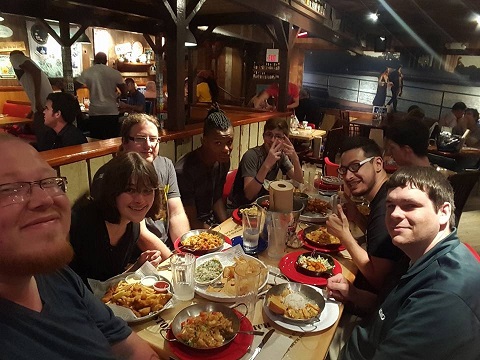
Join me next week for the conclusion of lessons from the grind this year!


